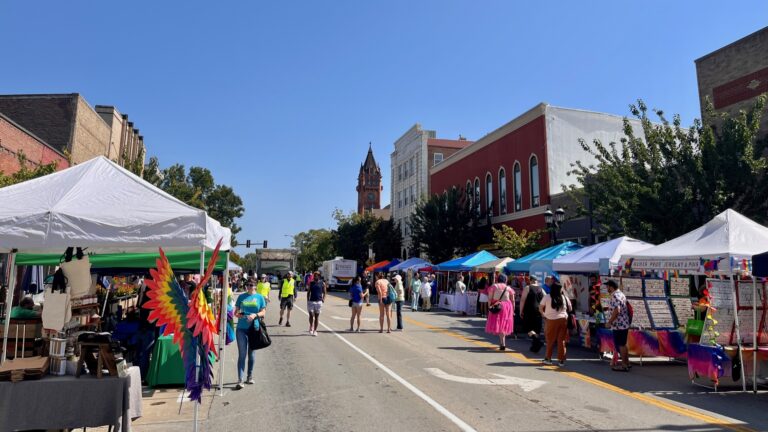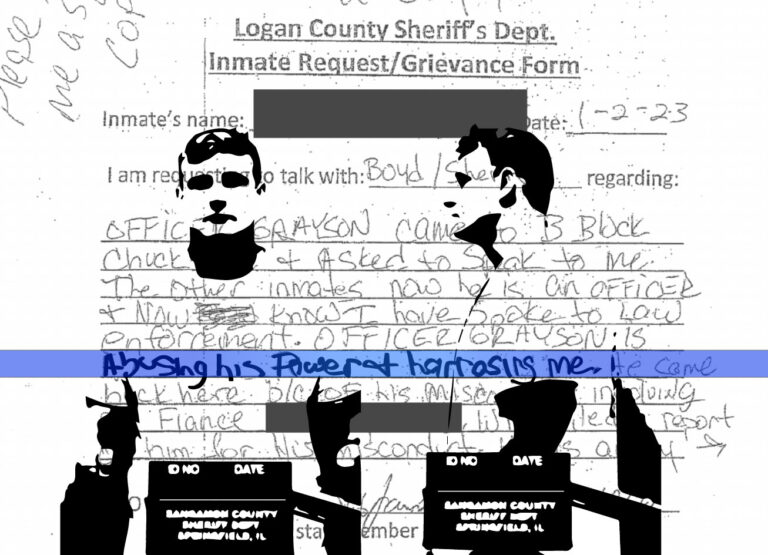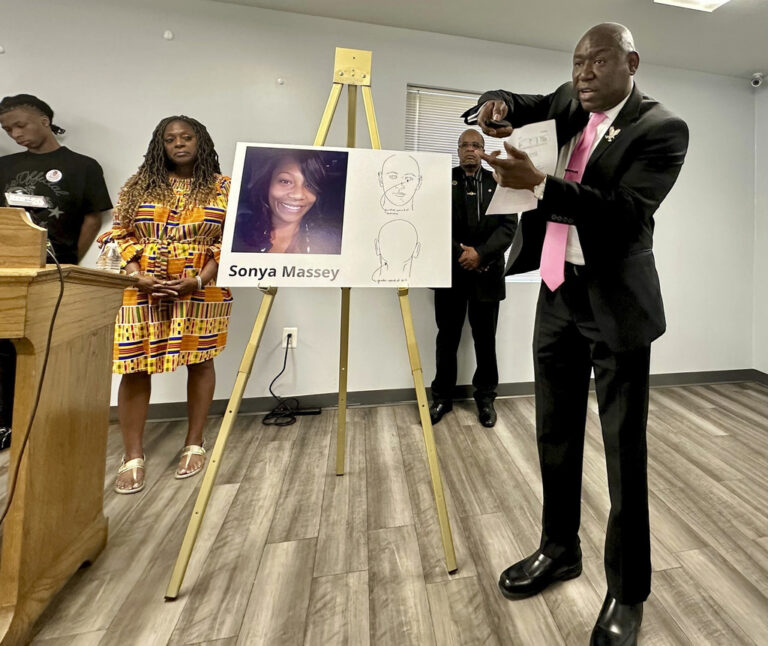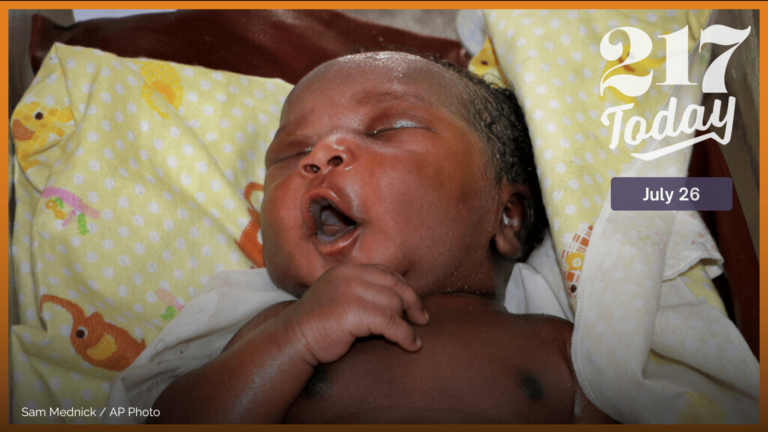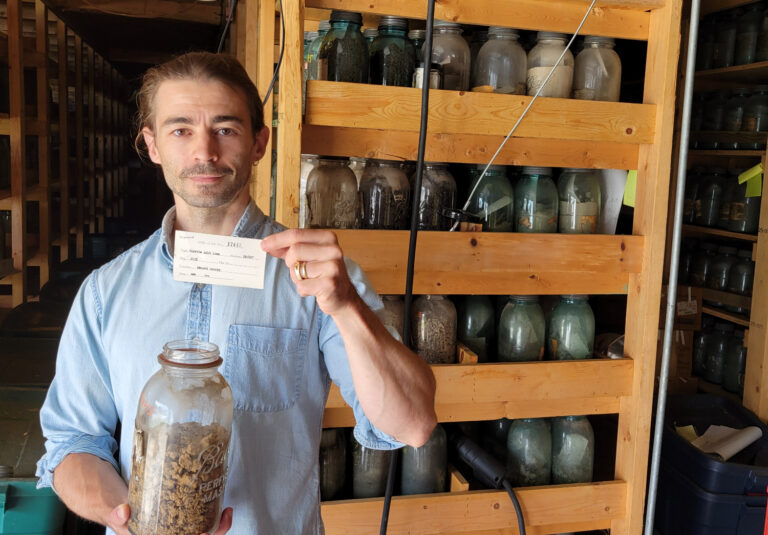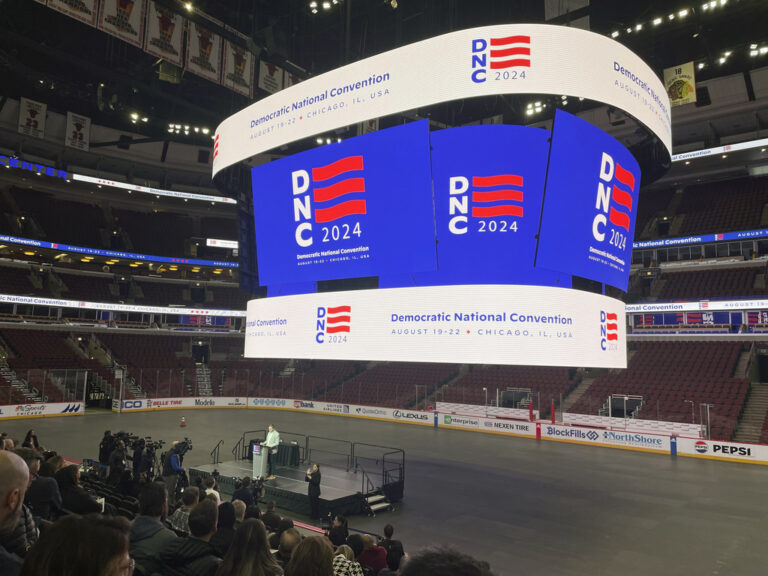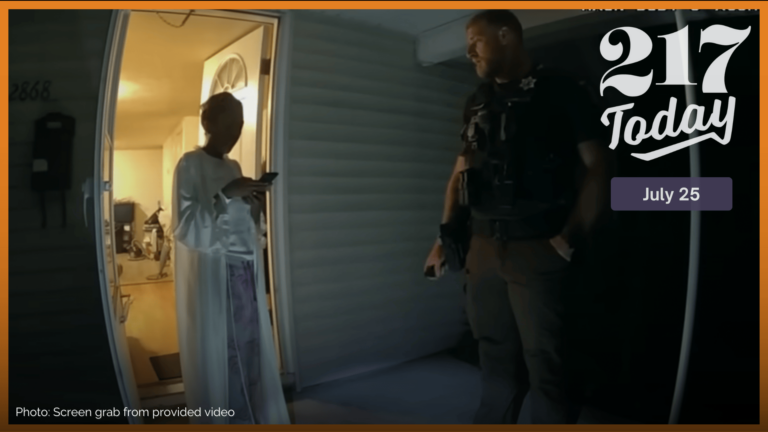‘Support groups are not enough’: CU’s queer community works for more cohesion
CHAMPAIGN — Despite feeling like “there’s no shortage of queer people in Champaign,” finding the LGBTQ community in Champaign-Urbana wasn’t easy for 21-year-old Arden Hatch when she moved here in 2020 and came out as a trans woman.
“I think the community feels very disconnected,” she said. “A lot of people don’t know each other.”
She says a big part of why it took so long to connect with others in the LGBTQ community was the lack of specific spaces for queer events or even just to gather.
“There’s no place we can go and just be ourselves with other people,” Hatch said.
Eventually, she found Uniting Pride of Champaign County, which hosts various support groups and occasional events. Though she said she’s grateful for everything the organization does and she now volunteers with the non-profit, Uniting Pride didn’t completely fulfill her needs.
“Support groups are not enough to foster a unified sense of queer community in Champaign,” she said.
“It could feel very isolating to live in a town and know that there are other gay people there but not know how to, like, get started and actually enter the larger part of the community,” Jada Fulcher, editor-in-chief of The Lavender Newsletter, said.
Each edition of The Lavender events, a spotlight for community members and other queer news from around Champaign-Urbana features a calendar of LGBTQ. Fulcher started it in 2022 as an homage to a 1970s lesbian publication from Champaign, The Lavender Prairie.
“Filling a need was definitely something that was always on my mind with The Lavender because I felt like there were queer spaces in town, but they were very fractured,” Fulcher said.
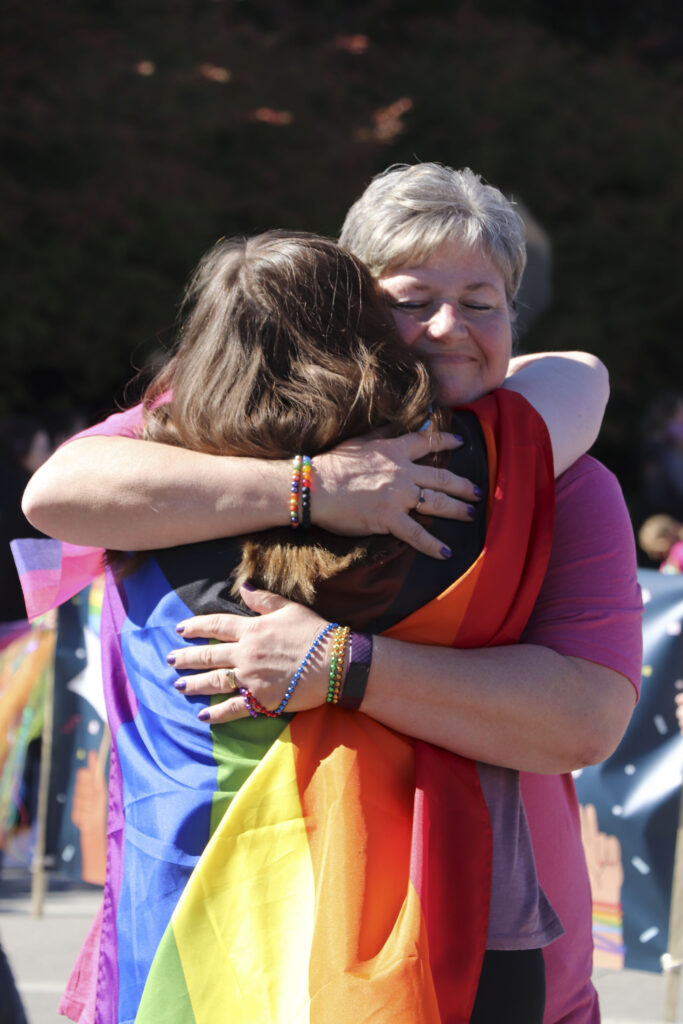
When people think of queer spaces, the first thing that might come to mind are gay bars. Champaign-Urbana hasn’t had an LGBTQ-specific bar since the Chester Street Bar closed in 2017 after the owner let it fall into disrepair. But not everyone is pinning their hopes on someone opening a new bar.
“Just getting a queer bar, I don’t think would meet the entire need for queer space and queer gathering,” Nicole Frydman said.
As director of operations for Uniting Pride, Frydman says the desire for a dedicated queer space is something they hear a lot from the community.
The group is currently located in the University YMCA, but Frydman says the small non-profit has a “starry-eyed pipe dream” for its own standalone center far in the future that could host some of the group’s educational and social programming, as well as serve as a gathering place.
Champaign resident Matthew Brown has a dream for a space of his own too. He’s spearheading a group of local queer people who are trying to create a multi-purpose queer space in Champaign.
“We were just sitting around one night after we’d been out at some of like the local bars in Champaign, and we were just talking about how much we missed C Street,” Brown said. “Then we sat down, we were like, we should do something about that.”
He says he wants to help people feel the same way he did when he went into places like C Street.
“One of the big things I personally miss is being able to just walk in, and it’s like, it’s kind of hard to describe, it’s like walking in, and then there’s no more tension. It’s kind of like a sigh of relief.”
Brown and his group are planning to open a space that can function as an all-ages cafe during the day with a secondary room that can be converted to a dance floor and bar in the evenings or even rearranged into a place for board game nights.
“We went from like five gay bars being open at once to zero in a matter of years,” he said. “So now it’s like, we need something that’s gonna give us a little bit of everything.”
However, until more of the business plans are finalized, he says that he and the others are keeping things like their future name and location under wraps, especially after a recent queer skate night was canceled when organizers were threatened.
Still, Brown says he’s excited to hopefully make a difference for other members of the LGBTQ community in central Illinois.
“Just to be able to give people something like that and be able to contribute to the queer community in a way I’ve never thought I would ever be able to, is something so just mind-blowing and awesome to me,” he said.
And if all goes well, the group hopes to be open for business next June, just in time for Pride month.
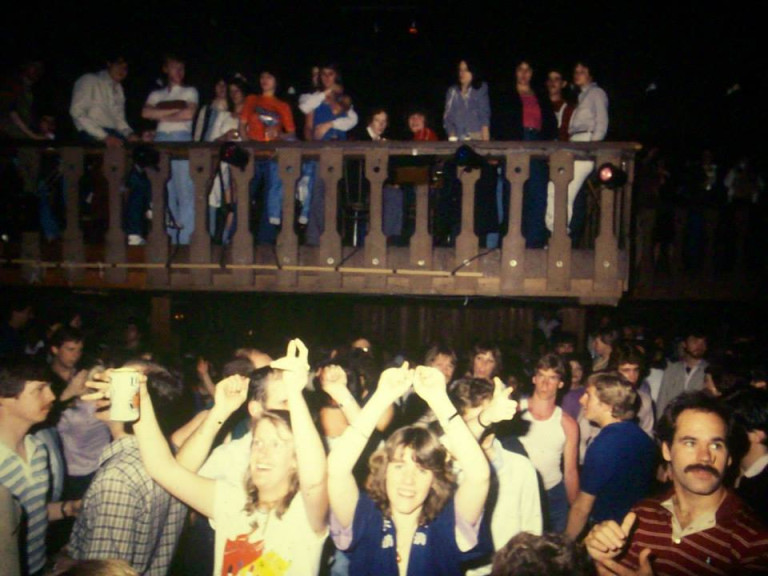
Former bartender remembers C Street’s heyday
According to research from Oberlin College, the United States has lost around half of its LGBTQ bars over the past 20 years. C Street was Champaign’s last remaining gay bar before it closed in 2017 when the building fell into disrepair and the owner sold it.
However, the site where C Street once stood is now being considered for designation as a historical site by the city of Champaign.
Amy Myers is known by many in Champaign-Urbana as the organizer of some of the area’s biggest drag shows, but she got her start bartending and hosting drag shows at C Street. After high school in the Peoria area, Myers came to Champaign, and she says she found a family in the queer community here.
Myers spoke with IPM reporter Owen Henderson about her memories of the Chester Street bar.
MYERS: When I came to Chester Street for the first time, I walked into those doors, and it was a Thursday night and it was the EDM music.
And I remember taking a big breath and knowing, ‘Oh my gosh, there’s more people like me, like, I’m not crazy. This is, you know, this is what I’ve been filling for all these years, I wish I would have known or had support.’ I’ll never forget that moment.
Monday was industrial nights. Tuesdays was trash disco. Wednesday was half price night. Thursday’s was techno nights, or EDM, then. And then Friday was top 40. Saturday was club music and Sundays was the drag shows. And you could walk in at any time and see 100 or 300 people in that bar, or maybe even more on the weekends.
We even had gay newspapers back in the day, it was, you know, up at the front door, and you can read about everybody’s business, or you know, gossip.
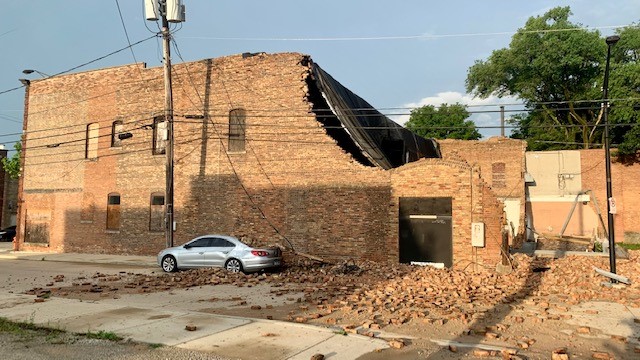
Maybe it’s the fact that, you know, gays can go wherever they want to go now, or is more accepted than then. But you know, we don’t have a queer space, I would say.
I’ll tell you what, in the early ’90s, 2000s, there weren’t any dating sites. So if you want to pick somebody up, you had to work for it. If you wanted to see another queer person, gay person, if you wanted to see a drag show, you have to go to the gay bar to see all that.
You know, and especially then, you know, people weren’t accepted, you know, in high school and you’re gay, you may get made fun of, or you may have a hard time fitting in or thinking that you’re the only one. But you come to these bars in you find your chosen family, and you’re accepted. And it’s a greatest feeling in the world to be around more people like yourself and know you’re safe.
Before Chester Street, there was the Balloon Saloon, and that was in the ’70s. And there was another gay bar called Giovanni’s. Now that’s before my time, but you know, being around all the gays, you know, you hear stories of the Balloon Saloon and the Giovanni’s and pictures and seeing different, hearing different things and different stories from those locations as well.
And one nice thing I liked about Chester Street is everybody knew that it was a gay bar, but everybody came. We had straight people, people from the hospital, people would rent it out, there were frat parties.
We were Chester Street so you know, you could be anybody and be in that bar. You could see the postman or a teacher or restaurant owner, and I felt like it was a home for so many people.
The floors used to be sticky, and there’s that Kesha song, you know, ‘there’s a hole on the wall with the glitter on the floor.’ Honey, I wish I could go take a time machine and stick on those floors one more time.
‘One of the answers to this is allyship’: Researcher talks solutions for the lack of queer spaces
Alyssa Billington is a human and family development researcher at the University of Illinois. They interviewed community stakeholders, including business owners, and LGBTQ community members.
Billington told IPM’s Owen Henderson how the lack of establishments forces members of the queer community really examine which places are safe spaces.
HENDERSON: What have you learned from your research into LGBTQ community spaces?
BILLINGTON: And almost every realm of research, I’ve been a part of that has to do with LGBTQ+ people, the visible queer spaces are important and valued.
Particularly in non-metropolitan areas, there’s a lack of it. There’s also a lack of being able to like sustain those queer spaces whenever we can get them.
But then too, I think a part of it is somewhat of a lack of a broader community buy-in to maintain and manage those spaces.
Stakeholders often perceive this narrative that ‘All of our locations, bars, restaurants, whatever, are queer friendly. So we don’t need specific spaces.’ That’s not a priority.
But then when you talk to actual queer people, there’s a huge desire for queer specific spaces. No matter how inclusive, your primarily cis[gender], hetero[sexual] spaces, it can’t recreate the true freedom that you get in a space meant for queer people.
There’s a big desire for that, and the pop-up spaces, I think those are all really useful and helpful, but it still doesn’t create this sense of community.
It’s just like, ‘Here’s one opportunity to like, see other people like you and be around people like you.’
I know me personally, as a queer person in the community, I think, ‘Is this venue just doing this for money? Are they truly allies?’ I don’t think you can help but question that motive.
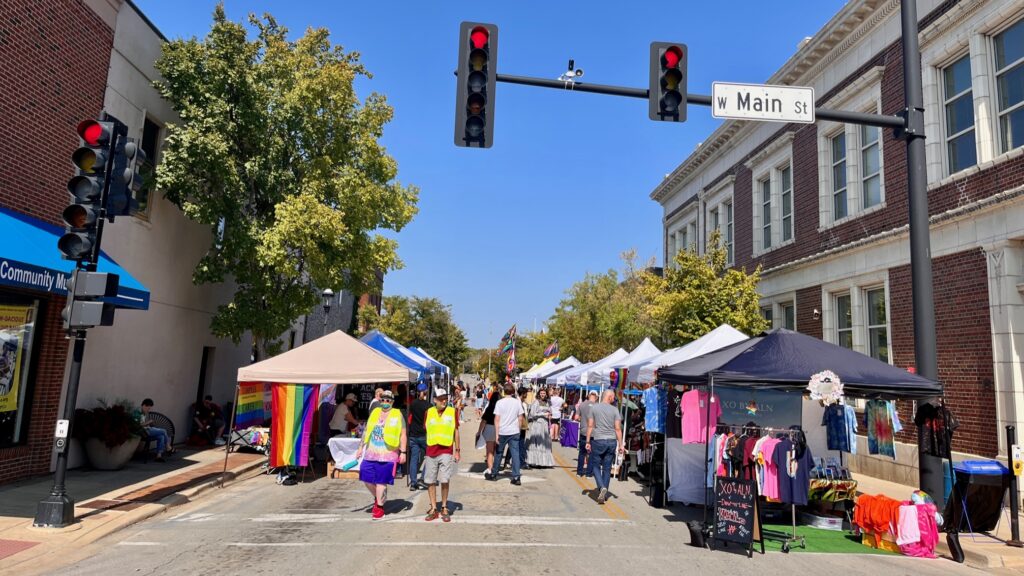
HENDERSON: When I’ve talked to straight friends here or queer people from outside of Champaign Urbana, I know they’re often surprised to hear that there aren’t specific LGBTQ spaces here because they think of Champaign Urbana as a very progressive space. How do you think that plays into this?
BILLINGTON: I think that that’s a complacency that we have here, because it has these standards: It’s a university town, it has the resource center on campus, it has the UP Center. It has all these different resources that people can access, and a lot of people do come from more rural areas here to access those resources.
But that doesn’t negate the fact that there’s heterogeneity within the town itself. Some of the parents that we were talking to were like, ‘I have one store that I go to, because I know that I won’t be harassed or my kids won’t be harassed there. I don’t know if I can go to the Walmart across town. Maybe I could.’
But it’s that ambiguity, really, that is the true like source of distress of constantly trying to determine, ‘Is this a space I’m going to be accepted in?’
HENDERSON: What’s your own personal experience as a queer person been like here in Champaign-Urbana?
BILLINGTON: I think that kind of go in and out of feeling, a sense of community, you know. It’s easier to feel it like events like Pride events and stuff. It’s very easy to feel it there.
I personally would go a lot to a queer bar. I feel like I would go there a lot because I do feel that sense of missing that ability to just be like, this is just a hangout space, and it’s safe.
It’s not even just like, I’m worried about being harassed. There’s a difference of feeling, just feeling comfortable and free.
People don’t really know what my gender is, and I enjoy that. People really don’t know whether to say ‘sir’ or ‘ma’am,’ and that’s fun. But then sometimes I’m tired being gawked at, and I’m tired of being the token queer person or the learning experience for someone or like, pretty much everywhere I go.
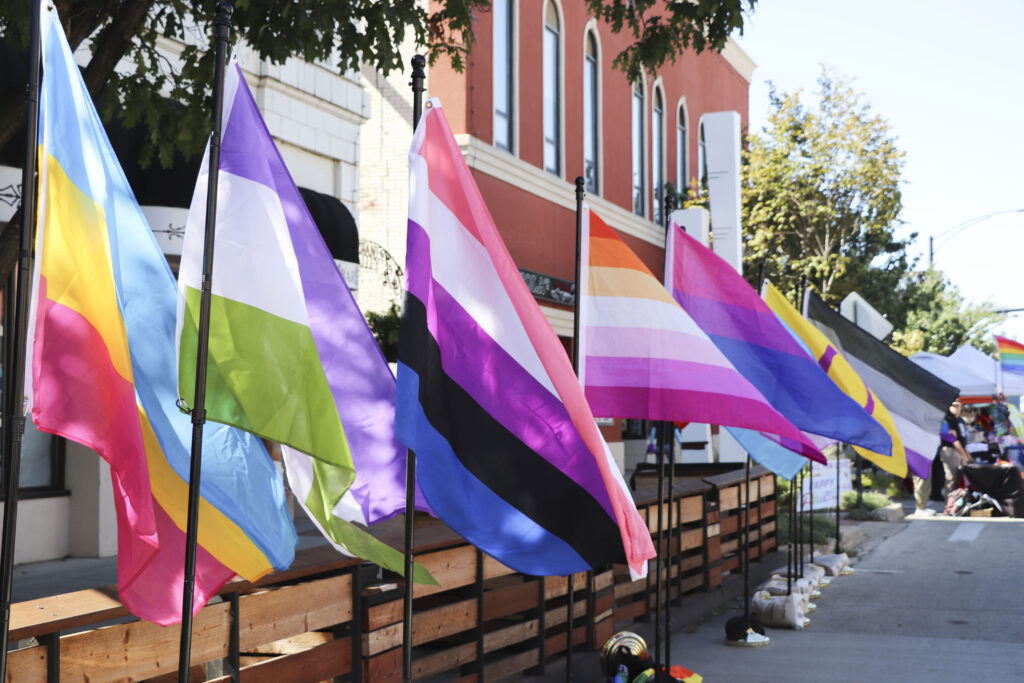
In almost every context, I’m teaching someone about gender and sexuality. Sometimes I’d really like a reprieve from that.
I think that it’s something that I’ve been missing and like, but also a lot of communities I’ve been a part of don’t have those specific queer spaces either. And I think that comes back to community investment.
I think that also one of the answers to this is allyship. It’s easy for these businesses or whatever to be allies during Pride. But then am I still welcome there after that? Probably.
Something good come out of this be a call to allies to stand up and do the allyship rather than call yourself that.
So, I definitely don’t want to paint it like this community is doomed or it’s like sad and we’re all lonely and stuff. I think a lot of people care about this community a lot. There’s a lot of queer people here who really, really are invested.

